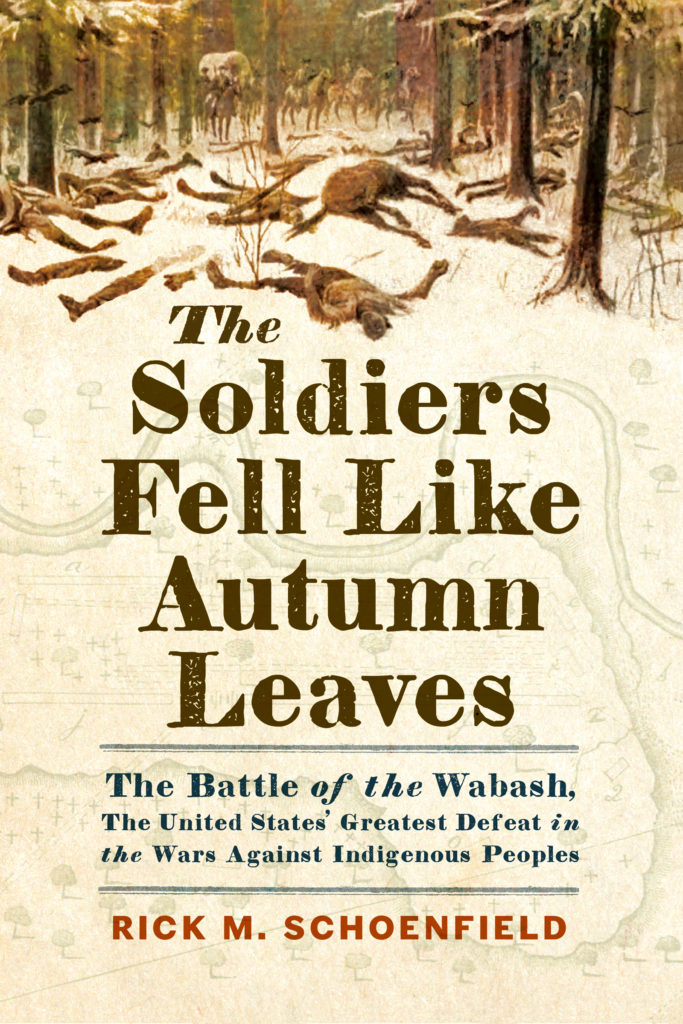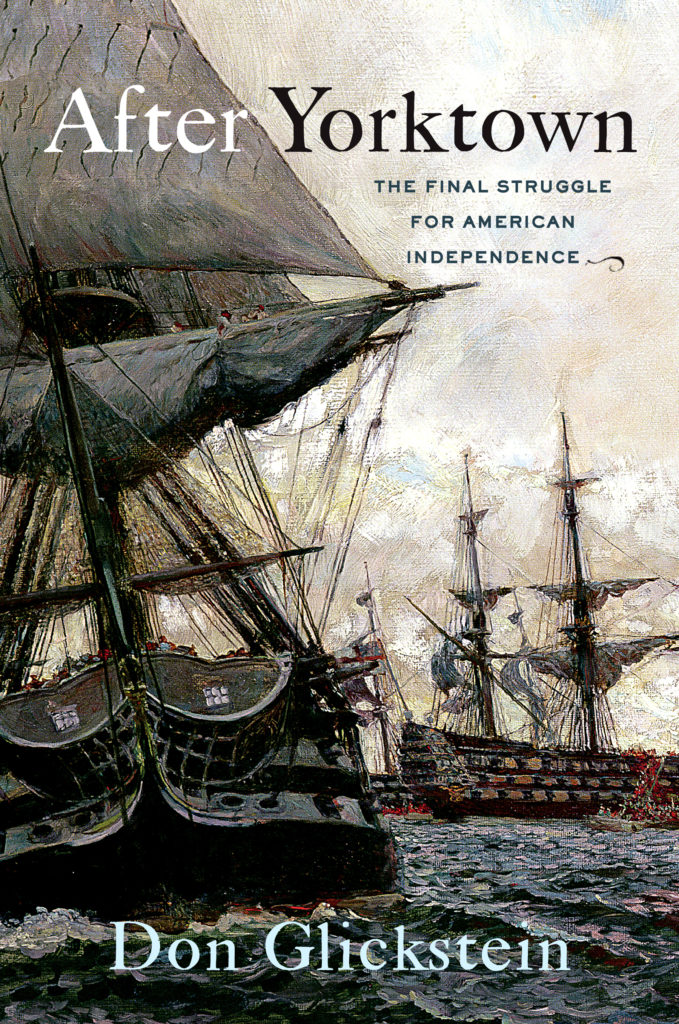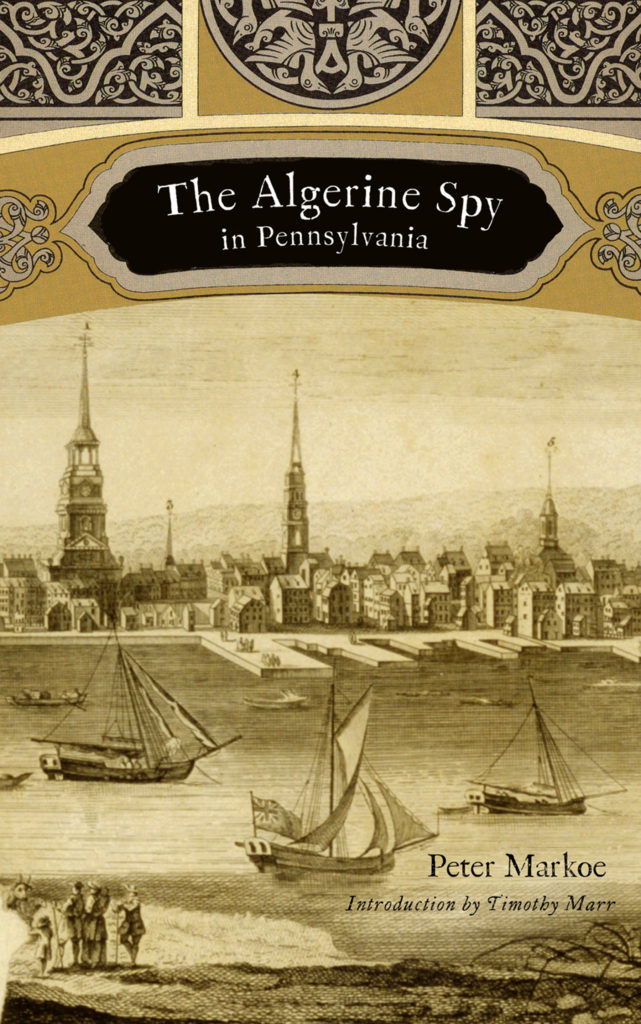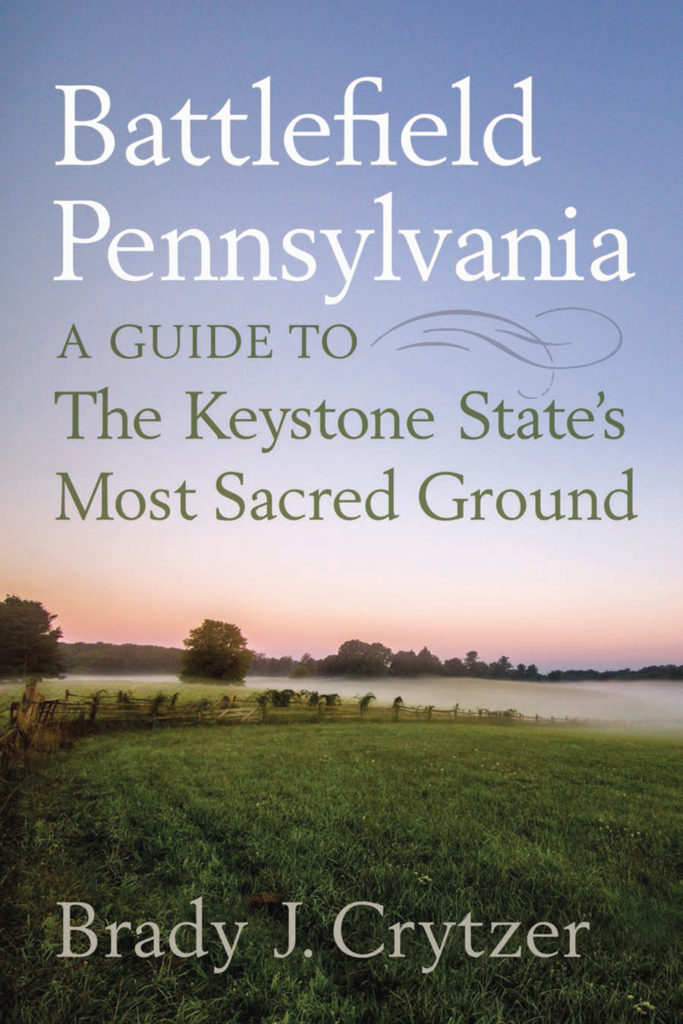About This Book
Along the Wabash River near present-day Fort Recovery, Ohio, on November 4, 1791, the Maumee Confederation of Indigenous tribes destroyed a superior American army led by Revolutionary War veteran General Arthur St. Clair. The victory was so complete, that the Shawnee recalled that the “the ground was covered with the dead and the dying.” Also known as “St. Clair’s Defeat” and “The Battle With No Name”—since the US forces did not know where they were—the Battle of the Wabash was the United States military’s worst disaster in the history of the Indian wars. This, despite the army having artillery and outnumbering the confederation warriors by almost two to one. Often overlooked is that no other Native American battle in three centuries, from colonial times to Geronimo, affected so many lives. The Maumee Confederation’s victory largely stymied American expansion into the rest of the Northwest Territory, and ultimately into the Great Plains for almost four years. While Ohio and the rest of the Old Northwest ultimately succumbed to US control, President James Madison would later warn his fellow Americans that the unchecked destruction of the natural environment was as much of a threat to national security as any enemy along its borders.
The Soldiers Fell Like Autumn Leaves: The Battle of the Wabash, the United States’ Greatest Defeat in the Wars Against Indigenous Peoples by Rick M. Schoenfield places this important war into its cultural, economic, and political context. For the first time, the ecological impact is explored, for at stake was the fate of a vast forest eco-system. The issue echoes today in the debate over climate change, deforestation, and indigenous control of forest habitats. Based on primary sources, some of which are consulted here for the first time, including a newly discovered muster roll and the recent archaeological study of the battlefield, the author provides the most accurate description of the battle while capturing the drama of what occurred. He also critically examines the information gathering, planning, and tactics of both the Maumee Confederation and the United States. By skillfully weaving together the disparate but related parts of the larger history of this battle, The Soldiers Fell Like Autumn Leaves allows the reader to better understand the motivations and long-term consequences of the war against Native peoples in the Americas.

Rick M. Schoenfield earned a BA and JD from Northwestern University. He is co-author of The McGraw-Hill 36-Hour Negotiating Course and Legal Negotiations: Getting Maximum Results. He taught negotiations at Chicago-Kent College of Law, and won a pro bono case in the United States Supreme Court unanimously.
Praise for The Soldiers Fell Like Autumn Leaves:
“Schoenfield is a masterful storyteller. . . . For a non-military historian reader, the battle scenes were excellent: they were engaging, quick, and transporting. . . . In all, The Soldiers Fell Like Autumn Leaves is an important work and should have a place on any shelf dedicated to understanding our past, especially if there is an interest in the Midwest or Native American affairs. Schoenfield proves himself to be a capable writer and a historian dedicated to the highest levels of thoughtfulness and consideration of the historical narrative.”—Journal of the American Revolution
“This well written account of St. Clair’s Defeat in 1791 presents new information and a fine assessment of the outcome of the battle. Schoenfield adds an important environmental dimension, suggesting that what was at stake in the Indian wars in the Old Northwest was not simply who would control the land but also whether the forests would survive.”—Donald R. Hicky, author of Tecumseh’s War: The Epic Conflict for the Heart of America





